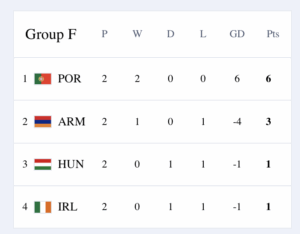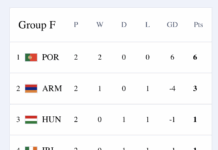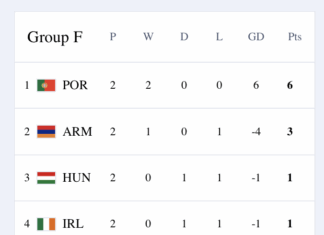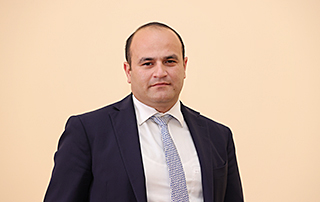WIESBADEN, Germany — It is well known that Germany has received the largest number of refugees in Europe over the last years. But few realize that in addition to those fleeing war and terrorism in Iraq and Syria, are increasing numbers of Turks, fleeing Erdogan’s regime. They are diplomats, military personnel, opposition figures and journalists seeking asylum. Can Dündar, formerly editor of Cumhuriyet, is a member of this new Turkish guest-worker community, here in exile.
On April 26 he was the featured speaker at the Wiesbaden Kulturforum. The occasion was the presentation of his newest book in German, Verräter: Aufzeichnungen im deutschen Exil (Traitor: Sketches from German Exile), which appeared in 2017. His partner in dialogue for the evening was Stefan Schröder, editor in chief of the Wiesbadener Kurier newspaper and president of the Wiesbaden Press Club. To introduce the discussion, translator and actor Recai Hallaç delivered a lively reading from one chapter of the new book. It deals with concept of time, how it is seen comparatively in Germany and in Turkey. When Dündar was scheduled to appear for an official meeting with a German residence registration office, he was told to come at 1:18 – not 1:00 or 1:15, but 1:18. From there the author develops the implications of such precision with delightful humor — that, of course, you cannot be five minutes late, for example — and contrasts this with Turkey, where the day is measured in other intervals, it starts at daybreak and ends at sunset, and so on.
The discussion, which was organized in an informal interview format, quickly became serious. Schröder introduced his guest, who was born in 1961 in Ankara, studied political science there and in London, and is a writer and journalist, formerly editor in chief of Cumhuriyet. A critical observer of the government, he published a report in 2015 on weapons delivered by the Turkish secret services to terrorists in Syria, a report that Erdogan vehemently denied. Erdogan took it as a personal issue and had him jailed. Following a decision by the Constitutional Court, he was allowed to travel and left Turkey in 2016, but alone, since his wife is not allowed out. He has been threatened with death, Schröder said, and the threats are real; as he was leaving the courthouse in Turkey an assailant fired two shots at him. He fortunately missed.

Now in Berlin, Dündar explained, he writes for the weekly newspaper Die Zeit, has a website and does television work as well as appearing in public at conferences. Asked whether this meant he could work freely in Germany, he replied, “When my friends and colleagues are in jail, then I am not free.” And the extraordinary security measures at the event, which included pre-registration with personal identification as well as on-site security checks, were, Dündar said, part of the price to be paid for writing freely. “But it is not only we critical journalists who are not free,” he said, “you are not free either,” introducing a concept he would develop further. Considered in this “international dimension,” he said, it is a problem for the whole world. When German-Turkish journalist Deniz Yücel was in jail, “was the press free?” he asked, “or in France, when caricaturists can be killed?”
Despite the impossible conditions for journalists in Turkey, he has repeated since he first arrived in Germany that he wants to return home, “but to a democratic Turkey.” From Germany, where he considers himself a guest, he is trying to influence events at home. “It is like the 1930s,” he said, “when Jews fled Germany and fought from abroad for a democratic Germany.”
Though a guest in Germany, he is still being harassed; Turkey has called on Interpol to issue an international arrest warrant, as it did in the case of Dogan Akhanlı, a German-Turkish writer apprehended last summer in Spain. Dündar replied with humor, saying “They love me and they want me back. Erdogan can’t live without me. I want to go back too. The problem is, we can’t live together.” But he said he was not worried, since Germany has also learned more and Interpol has realized that Erdogan tried to turn it into his personal tool. “I am not concerned about my personal situation,” he said, “but about my country.”









